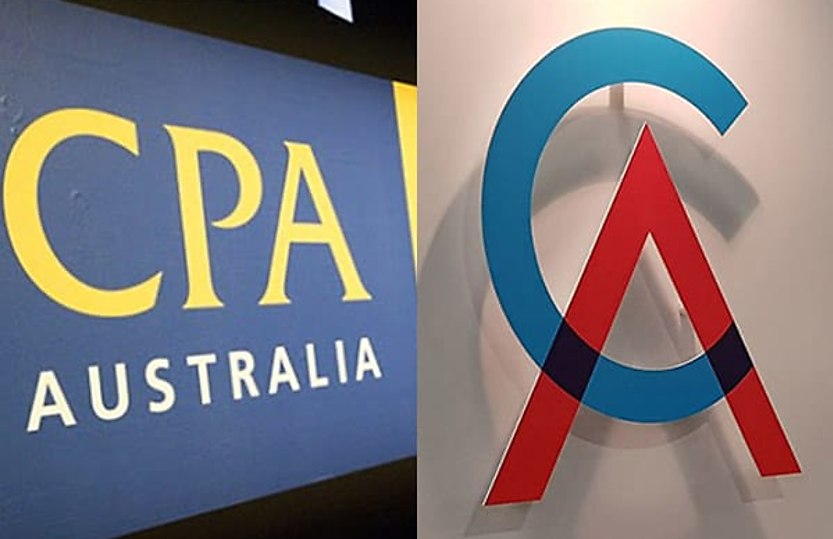ASSA 5000 start date leaves practitioners ‘inadequate time to prepare’: joint bodies

The major accounting bodies have raised concerns about the retrospective start date for standards issued by the AUASB in relation to sustainability assurance engagements.
A lack of consultation in relation to standards for sustainability assurance engagements has caused uncertainty and left assurance practitioners, preparers and other key stakeholders with inadequate time to appropriately prepare for new requirements, accounting bodies have said.
The AUASB issued exposure draft ED 01/25 at the start of last month, which contained proposed amendments to ASSA 5000 General Requirements for Sustainability Assurance Engagements.
ASSA 5000 is the Australian equivalent of ISSA 5000 General Requirements for Sustainability Assurance Engagements and it designed to support the consistent performance of quality sustainability assurance engagements.
The amendments in the exposure draft aim to address some of the practical implementation matters that have been raised by audit firms, the AUUSB said.
This includes changing the start date for ASSA 5000 so that ASSA 5000 is operative for periods beginning on or after 1 January 2025 for information in sustainability reports under the Corporations Act 2001.
For all other sustainability assurance arrangements, ASSA 5000 will be operative at a specific date on or after 31 December 2025 and for periods ending on that date, except where the period commenced before 1 January 2025.
In a recent submission on the exposure draft, both CPA Australia and Chartered Accountants ANZ acknowledged that the AUASB's decision to issue the ASSA 5000 without consultation was the result of challenging legislative timing. However, both bodies said that issues had arisen from absence of adequate consultation.
"While we appreciate that the ED attempts to retrospectively address some of the practical concerns raised by firms, this highlights the importance of robust due process and early, inclusive consultation with stakeholders, especially when adopting international standards with wide-ranging implications," the bodies said.
The professional bodies said that for sustainability assurance engagements involving information in sustainability reports under Chapter 2M of the Corporations Act 2001, the operative date of ASSA 5000 should be left the same.
The bodies said they also supported deferring the operative date of ASSA 5000 for other sustainability assurance engagements.
However, the joint bodies recommended aligning the operative date with that of ISSA 5000 – periods beginning on or after 15 December 2026, or as at a specific date on or after 15 December 2026.
The accounting bodies also called for all references to Part 5 of the IESBA Code to be removed from ASSA 5000.
"References to APES 110 Code of Ethics for Professional Accountants (including Independence Standards issued by the Accounting Professional & Ethical Standards Board Limited suffice and will include the Australian Ethics Standards for Sustainability Assurance (AESSA) when this is properly consulted on and issued by the APESB, which is expected in the coming months," they said.
"We do not believe that referencing Part 5 of the IESBA Code in ASSA 5000 is necessary or appropriate, and accordingly nor are the proposed transitional provisions necessary."
If the AUASB proceeds with references to Part 5 of the IESBA Code, the proposals in the ED should be further refined by removing the “inadvertently contracted” aspect from the non-assurance services transitional provisions and revising the wording of the illustrative assurance reports, the bodies said.
The amendments in the ED should also clarify the effective date of the value chain provisions, they added.
About the author

